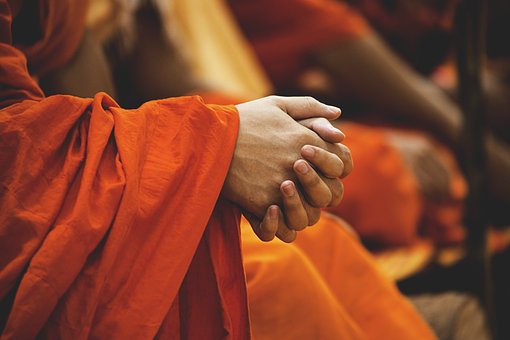“Buddhism has long argued for the tremendous potential for transformation that exists naturally in the human mind. To this end, the tradition has developed a wide range of contemplative techniques, or meditation practices, aimed specifically at two principal objectives: the cultivation of a compassionate heart and the cultivation of deep insights into the nature of reality, which are referred to as the union of compassion and wisdom.”
~ His Holiness, the Dalai Lama
To begin, I am struck by the word, naturally,’ in the first sentence. For me, Buddhism is the first place I ever heard that my natural’ state is perfection, that I have forgotten my true nature. The methods offered to assist me in the re-discovery of this reality seem relatively simple when stated: practice compassion and increase my ability to perceive this reality in everything I do.
Well, gee. How simple, right?
What I find is that, when asked to practice compassion, I need to first practice compassion toward myself. Does this mean I need to forgive myself for all or any of my mistakes? This seems to lead me to the idea of missing the mark’ in my thoughts and actions. Do I need to stop beating myself up for my sins’ of commission and omission?
 In truth, these deeds have led me to where I am and, at the very least, I have the Dharma (of Buddhism) and the dharma (of other religions and philosophies) to aid me in my journey so, yes, I really CAN stop beating myself up if I would give myself permission to do so. After all, if my true nature is perfection, what I have defined as bad and wrong in me is not so much something bad and wrong but has become the pointing out’ of my true nature; which is, to take the second point of the nurturing of insight into my true nature, part of the purpose of human life.
In truth, these deeds have led me to where I am and, at the very least, I have the Dharma (of Buddhism) and the dharma (of other religions and philosophies) to aid me in my journey so, yes, I really CAN stop beating myself up if I would give myself permission to do so. After all, if my true nature is perfection, what I have defined as bad and wrong in me is not so much something bad and wrong but has become the pointing out’ of my true nature; which is, to take the second point of the nurturing of insight into my true nature, part of the purpose of human life.
If I do not practice compassion toward myself, how will I know what it is when I receive it from another? How will I know how to act toward others if I don’t practice the same ideal as myself?
By this, I don’t mean to say that I’ll continue to be mean, angry, resentful and nasty in my dealings with others until I figure out exactly what this compassion thing is.” To do so would be to continue to suppress my Buddha-nature. By practicing compassion in both directions, within toward without and back in again, I am demonstrating this true nature to myself and to others.
To meditate on the true nature of reality, when I begin to truly examine my actions and my thoughts, I can begin to let go of the negative illusions of this existence. I feel as if, long ago, I bought into the idea of sin, of being wrong from the beginning, of not living up to some really impossible social norms and mores, of not being somehow intrinsically good enough to be of value.
 As my practice deepens, I see the flaws in this type of thinking, flaws that have led to bigger errors, until I felt I was nothing but one big blemish.
As my practice deepens, I see the flaws in this type of thinking, flaws that have led to bigger errors, until I felt I was nothing but one big blemish.
As I have begun to release myself from these negative and habituated avenues of thought, my actions have changed as well as my thoughts and opinions about previous actions. I’m less willing to judge others harshly, wanting for myself to be given a degree of mercy back to compassion within and without and to forgive what may have been deliberate acts of unkindness from others, blessing them as teachers on the path.
Has this made my life any easier?
I’m not certain. We might have to sit and define “easier” until dawn breaks.
What has happened is that I see more clearly when I fall down’ in the ruts I’ve created in my lifetime. I’m even noticing some of the ruts before I fall down. I’ve even gone so far as to stop blaming other people, or fate, or destiny, and taking responsibility for what I create in my life, what I’m willing to tolerate, and, more importantly, how to deal with my present karma, using what I have learned to water the seeds of compassion and wisdom while using my acquired insight to recognize and identify what to nurture and cultivate in myself and, by doing so, be able to act with more kindness and benevolence to others.





